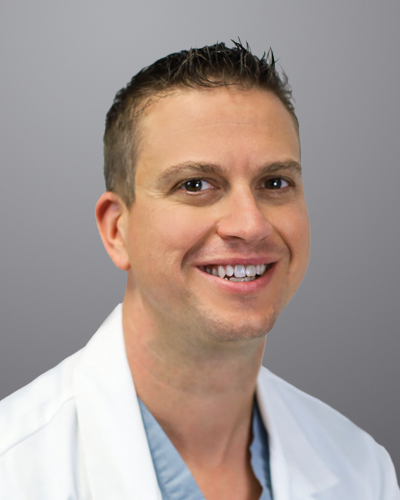Prostate Cancer Awareness
Routine checkups could save your life.
Early detection is key to potentially stopping the spread of prostate cancer and finding a treatment plan that fits. Listening to your body and understanding your normal can also help detect issues early to prevent long-term or life-threatening results.
What is prostate cancer?
A biological male’s prostate is part of the male reproductive system that includes the penis, prostate, seminal vesicles, and testicles. Specifically, the prostate, roughly the size of a walnut, produces the fluid that makes up a part of semen and sits below the bladder.
When cells grow out of control and start in the prostate, the condition is called prostate cancer.
Who is at risk?
All male humans are at risk for prostate cancer and the most common risk factor is age. Also, you are at an increased risk of developing or dying from prostate cancer as an African American male or have a family history of prostate cancer.
What are the symptoms?
If you are experiencing issues that worry you, schedule an appointment with your primary care provider or urologist today. Symptoms include:
- Difficulty starting urination
- Weak or interrupted flow of urine
- Frequent urination (especially at night)
- Difficulty emptying the bladder completely
- Pain or burning sensation
- Blood in urine or semen
- Pain in back, hips, pelvis
- Painful ejaculation
Symptoms could also be signs of other conditions, so please seek medical advice from a doctor.
What is the screening process for prostate cancer?
Although there’s no standard test for prostate cancer, two tests are commonly used:
- Prostate Specific Antigen Test
A blood test that measures the level of PSA, a substance made by the prostate, in the bloodstream. The levels of PSA can be higher in men who have prostate cancer. - Digital Rectal Examination
A healthcare provider inserts a gloved, lubricated finger into a man’s rectum to feel any abnormalities on the prostate.
Does Culbertson Memorial Hospital offer Urology care?
 Yes! Culbertson is excited to introduce a new provider joining our staff. Dr. Knudson specializes in Urology and most commonly works with patients diagnosed with prostate, testicular, bladder, renal and penile cancer and other urological conditions. He offers non-surgical and surgical solutions.
Yes! Culbertson is excited to introduce a new provider joining our staff. Dr. Knudson specializes in Urology and most commonly works with patients diagnosed with prostate, testicular, bladder, renal and penile cancer and other urological conditions. He offers non-surgical and surgical solutions.
To schedule an appointment, contact us at (217) 322-2608 or visit us online.
